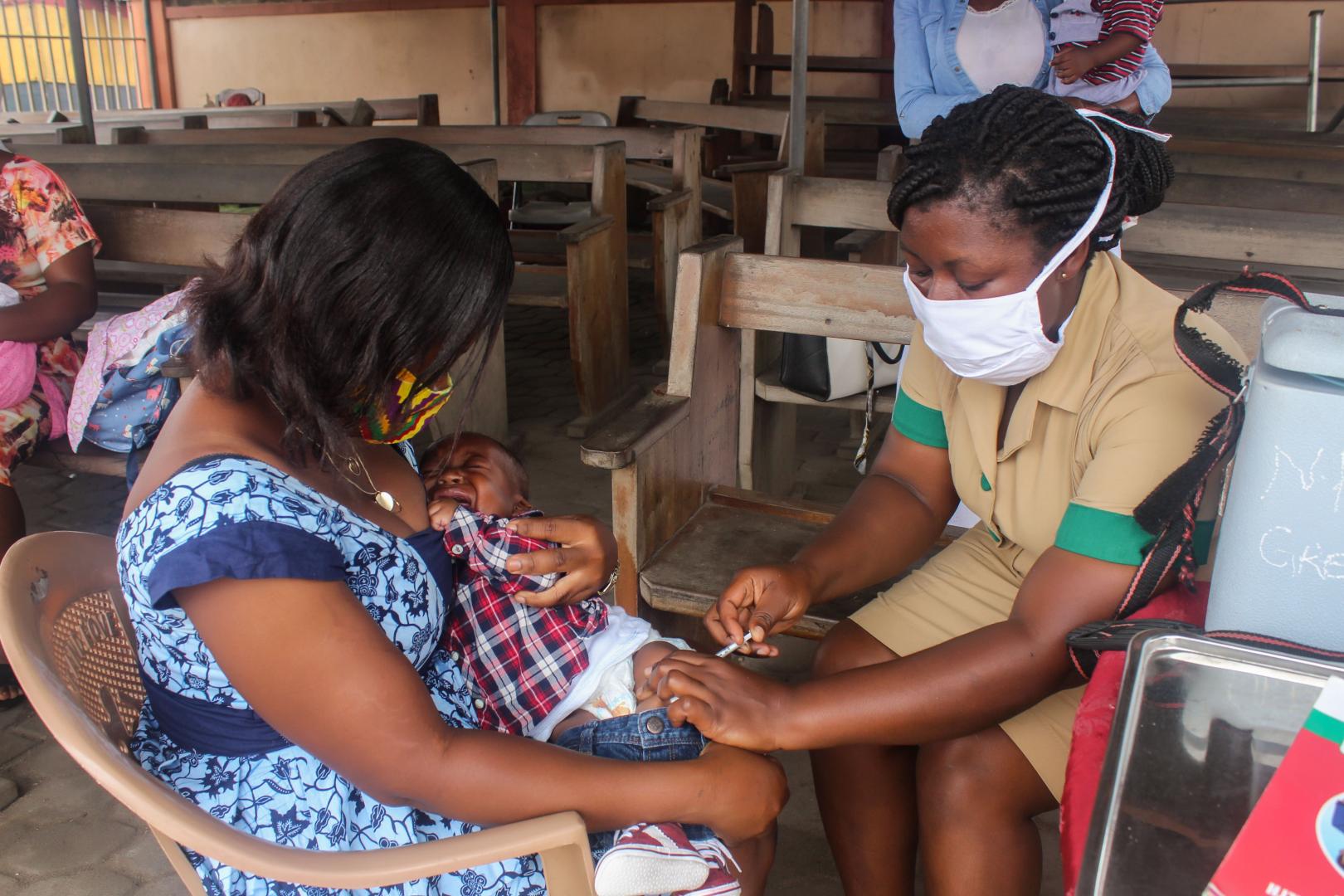Community Health in Nigeria
Challenges and Opportunities
Community Health in Nigeria
Challenges and Opportunities
Nigeria, the most populous country in Africa, faces significant challenges within its healthcare system. Community health plays a crucial role in addressing these challenges and enhancing health outcomes for its diverse population of over 200 million people, encompassing more than 250 ethnic groups.
Overview of Community Health in Nigeria
Community health adopts a holistic approach that prioritizes the well-being of entire communities rather than focusing solely on individual patients. It encompasses preventive, curative, and rehabilitative services tailored to local needs, emphasizing education, healthy behavior promotion, and disease prevention.
Current Health Challenges
Infectious Diseases: Nigeria continues to confront high rates of infectious diseases such as malaria, tuberculosis, and HIV/AIDS. These conditions disproportionately affect poor and marginalized populations, who often lack access to essential healthcare services.
Maternal and Child Health: Nigeria has one of the highest maternal mortality rates globally. Contributing factors include inadequate prenatal care, a lack of skilled birth attendants, and limited access to emergency obstetric care. Child mortality rates are similarly alarming, largely due to preventable diseases like pneumonia and diarrhea.
Non-Communicable Diseases: As urbanization progresses, non-communicable diseases (NCDs) such as diabetes, hypertension, and cancer are increasingly prevalent. Lifestyle changes and urban poverty drive this trend, necessitating a shift in community health strategies to address these emerging threats.
Healthcare Infrastructure: Many rural communities lack sufficient healthcare facilities, leading to reliance on traditional medicine and informal healthcare providers. This issue is compounded by a shortage of trained healthcare professionals and inadequate funding for health services.
Health Education and Awareness: There is a significant gap in health literacy among the Nigerian population. Many individuals lack fundamental knowledge about disease prevention and management, resulting in a cycle of poor health outcomes.
Opportunities for Improvement
Strengthening Community Health Workers (CHWs): CHWs are essential for delivering healthcare at the community level. Enhancing their training and resources can improve access to vital health services, promote health education, and facilitate early disease detection and treatment.
Leveraging Technology: The emergence of mobile health (mHealth) initiatives offers opportunities to reach underserved populations with health information and services. Text messaging campaigns and mobile applications can effectively disseminate health education and facilitate appointments and follow-ups.
Partnerships and Collaborations: Collaborating with non-governmental organizations (NGOs), international agencies, and local communities can enhance resource mobilization and capacity building. These partnerships can support training programs, health campaigns, and research initiatives tailored to community needs.
Policy Reforms: Strengthening health policies to prioritize community health is critical. This includes increasing budget allocations for primary healthcare, ensuring equitable access to services, and fostering community participation in health planning and decision-making.
Health Education Campaigns: Comprehensive health education campaigns can raise awareness about preventive health practices, promote healthy lifestyles, and inform the public about available services. Engaging local leaders and influencers can amplify the reach and effectiveness of these campaigns.
Conclusion
Community health in Nigeria stands at a pivotal moment, confronting significant challenges while also presenting opportunities for improvement. By focusing on enhancing community health initiatives, increasing healthcare access, and promoting health education, Nigeria can improve health outcomes for its population. Achieving this goal will require a collaborative effort among the government, healthcare providers, communities, and international partners to build a healthier future for all Nigerians.
Promise Emmanuel
CHEW 2024

We are here to provide innovative, community-focused education and research in health science and technology.